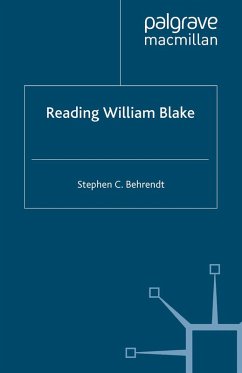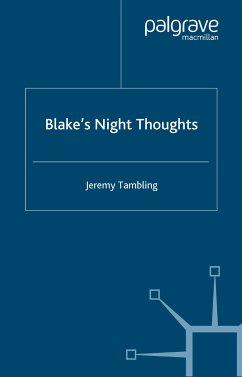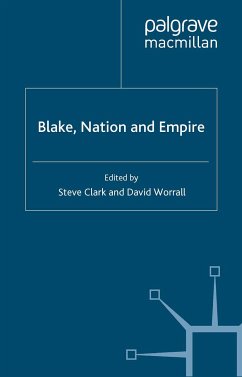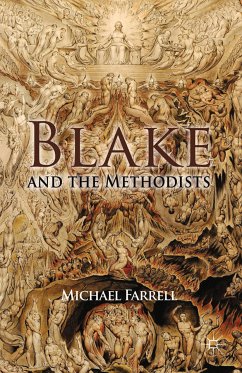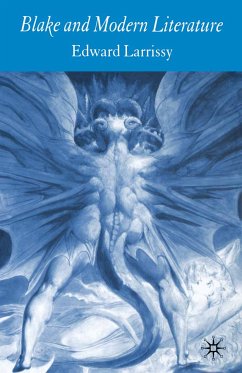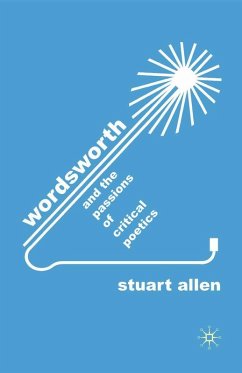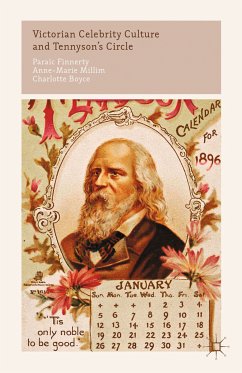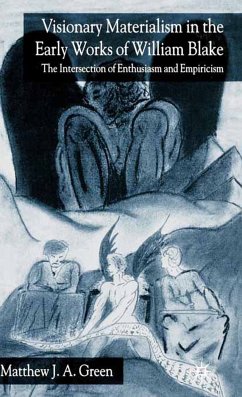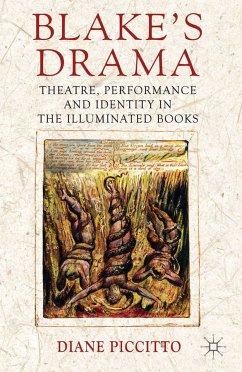
Blake's Drama (eBook, PDF)
Theatre, Performance and Identity in the Illuminated Books
Versandkostenfrei!
Sofort per Download lieferbar
40,95 €
inkl. MwSt.
Weitere Ausgaben:

PAYBACK Punkte
20 °P sammeln!
Blake's Drama challenges conventional views of William Blake's multimedia work by reinterpreting it as theatrical performance. Viewed in its dramatic contexts, this art form is shown to provoke an active spectatorship and to depict identity as paradoxically essential and constructed, revealing Blake's investments in drama, action, and the body.
Dieser Download kann aus rechtlichen Gründen nur mit Rechnungsadresse in A, B, BG, CY, CZ, D, DK, EW, E, FIN, F, GR, HR, H, IRL, I, LT, L, LR, M, NL, PL, P, R, S, SLO, SK ausgeliefert werden.



